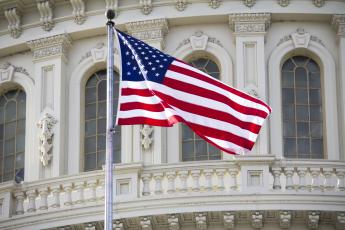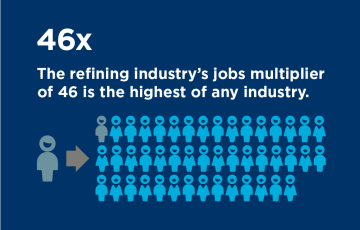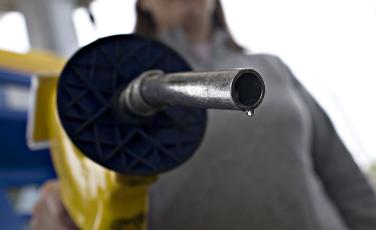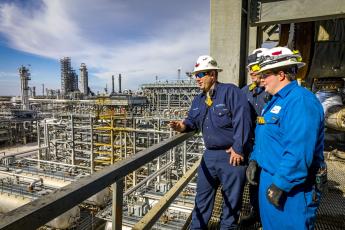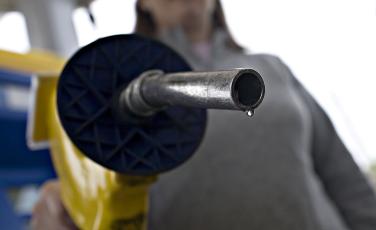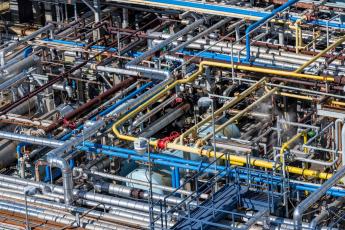AFPM statement on the inauguration
WASHINGTON, D.C. — American Fuel & Petrochemical Manufacturers (AFPM) President and CEO Chet Thompson issued the following statement on the inauguration of the 47th President of the United States and the opportunity to advance policies that deliver for American energy manufacturers and consumers:

